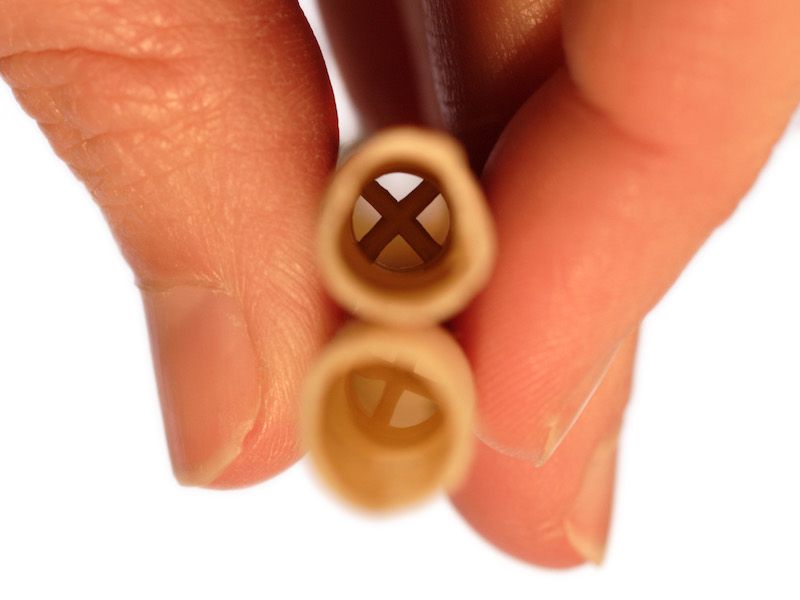
There’s a persistent belief in some groups that a practice called “ear candling” is a good way to minimize your earwax. Is ear candling effective and what is it?
Do Earwax Candles Work?
Spoiler alert: No. They definitely don’t work.
Why then, does this piece of pseudo-science keep finding its way into the heads of otherwise logical people? That’s a hard question to answer. But although the sensible choice is pretty obvious, knowing more about the dangers of earwax candling will help us make an educated choice.
Earwax Candling, What is it?
So the basic setup goes like this: Maybe you have too much earwax and you’re not really sure how to eliminate it. You’ve read that it’s dangerous to use cotton swabs to clear your earwax out. So you begin looking for an alternative and come across this approach called earwax candling.
Earwax candling supposedly works as follows: You generate a pressure differential by cramming the candle into your ear, wick side out. This pressure difference then sucks the wax out. Any wax that might be clogged up in your ear can, theoretically, be pulled out by this amount of pressure. But this dangerous technique is not a good way to clean your ears.
Why Doesn’t Ear Candling Work?
There are a number of problems with this practice, like the fact that the physics simply don’t work. There’s just no way for a candle to create that kind of pressure differential (and in order to move earwax around, that pressure differential would have to be pretty substantial indeed). Second, creating that type of pressure difference would call for some type of seal, which doesn’t happen during candling.
Now, the candles used in these “treatments” are supposedly special. All of the wax that was in your ear can be found within the hollow portion of the candle which can be broken apart when you’re finished with your 15 minutes of ear candling. But the problem is you can find this same material in new unburned candles as well. So the entire procedure amounts to fraud.
Earwax candling hasn’t been proven by science to have any benefit whatsoever.
So Earwax Candling Doesn’t Work, But is it Safe?
What’s the danger in giving it a shot, right? Well, you’re asking for trouble whenever you get a hot candle near your ears. Look, it’s very possible that you could try ear candling and leave completely unharmed. People do it regularly. But that doesn’t imply there aren’t hazards involved, and it definitely doesn’t mean that ear candling is safe.
The negative impacts of ear candling can include:
- Whenever you’re messing around with an open flame, there’s a potential that you may trigger significant damage and put your life in danger. Seriously, you could burn your house down. It’s not worth the risk to try this ineffective technique of wax elimination.
- Once the wax cools it can block your ear canal. This can cause temporary hearing loss or, in the most severe cases, require surgery.
- Significant burns to your inner ear. When melted candle wax goes into your ear, it can cause extreme hearing problems and burns. In the most severe cases, this could permanently jeopardize your hearing.
You Don’t Require a Candle to Keep Your Ears Clean
In the majority of circumstances you will never even have to worry about cleaning earwax out. That’s because the human ear is basically a self cleaning system. But you could be one of those people who have an uncommonly heavy earwax production.
If you do need to clean your ears out due to excessive wax, there are scientifically-proven (and reliable) means to do that safely. For example, you could get a fluid wash. Another solution would be to see a hearing care specialist for an earwax cleaning.
Cotton swabs are definitely a no-no. And open flames are not ok either. Earwax candling doesn’t work, and it can create dangers that will put your comfort and your hearing in significant danger. So perhaps it’s time to put away those special candles
